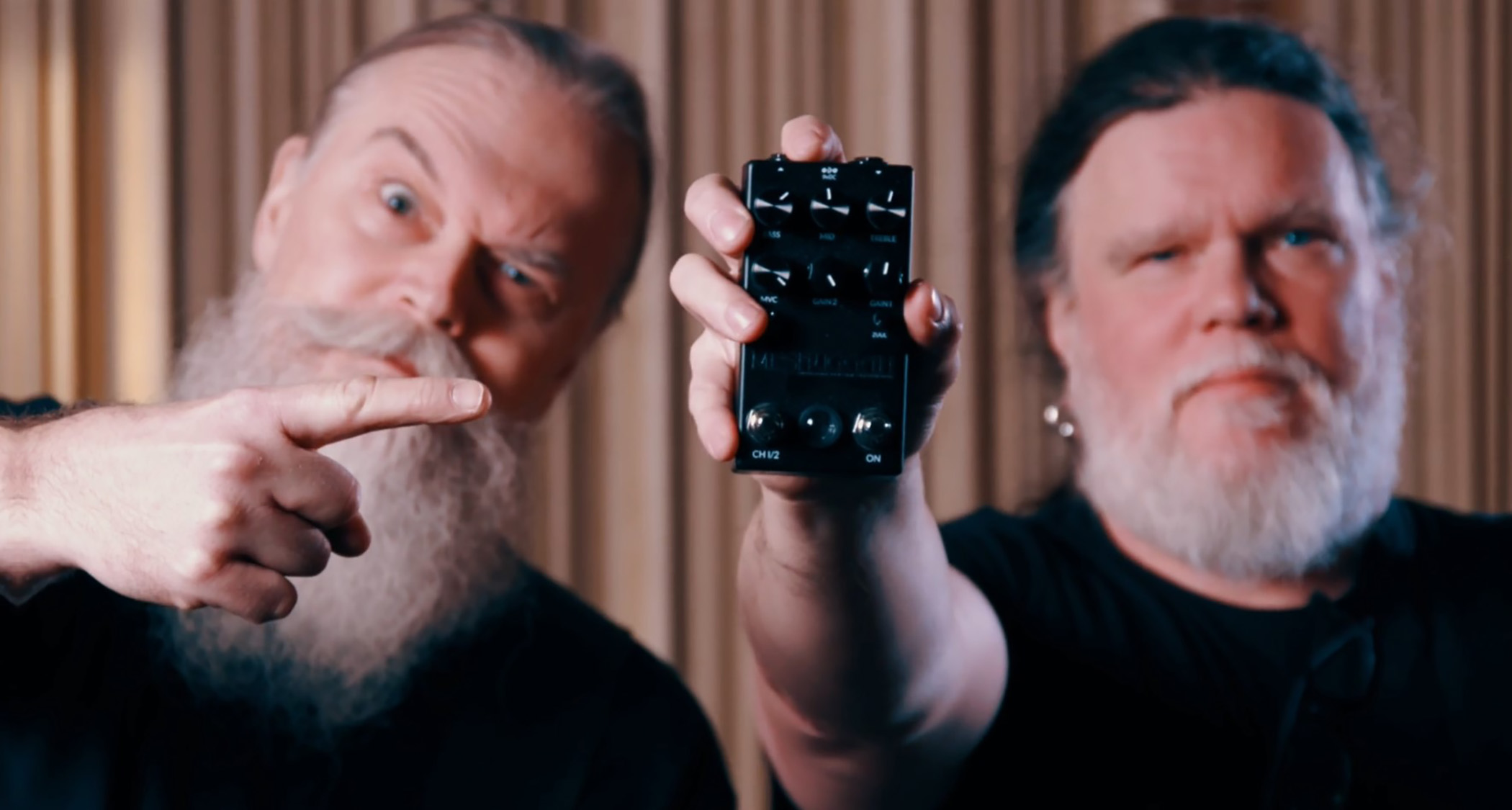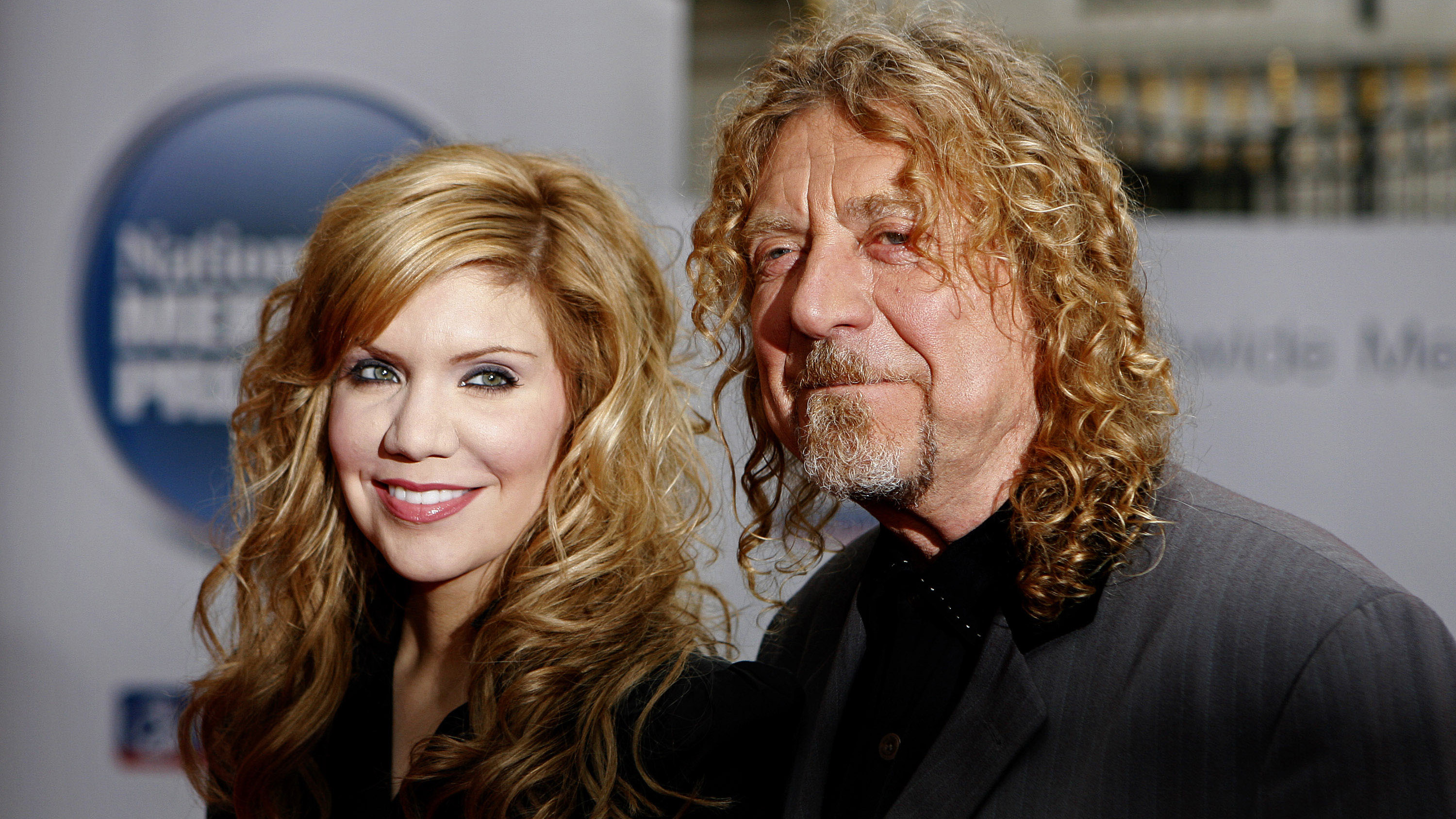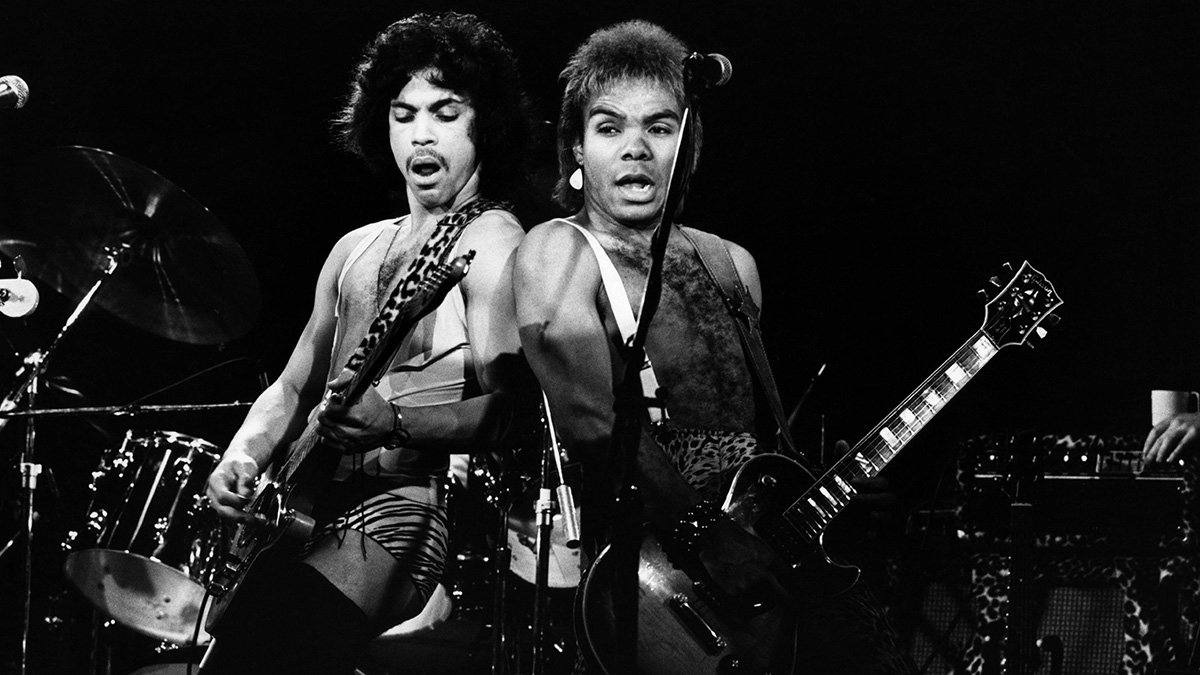“It's equivalent to 12 songs identified for every person on Earth”: Shazam exceeds 100 billion song recognitions
"A person would need to use Shazam to identify a song every second for 3,168 years to reach 100 billion"
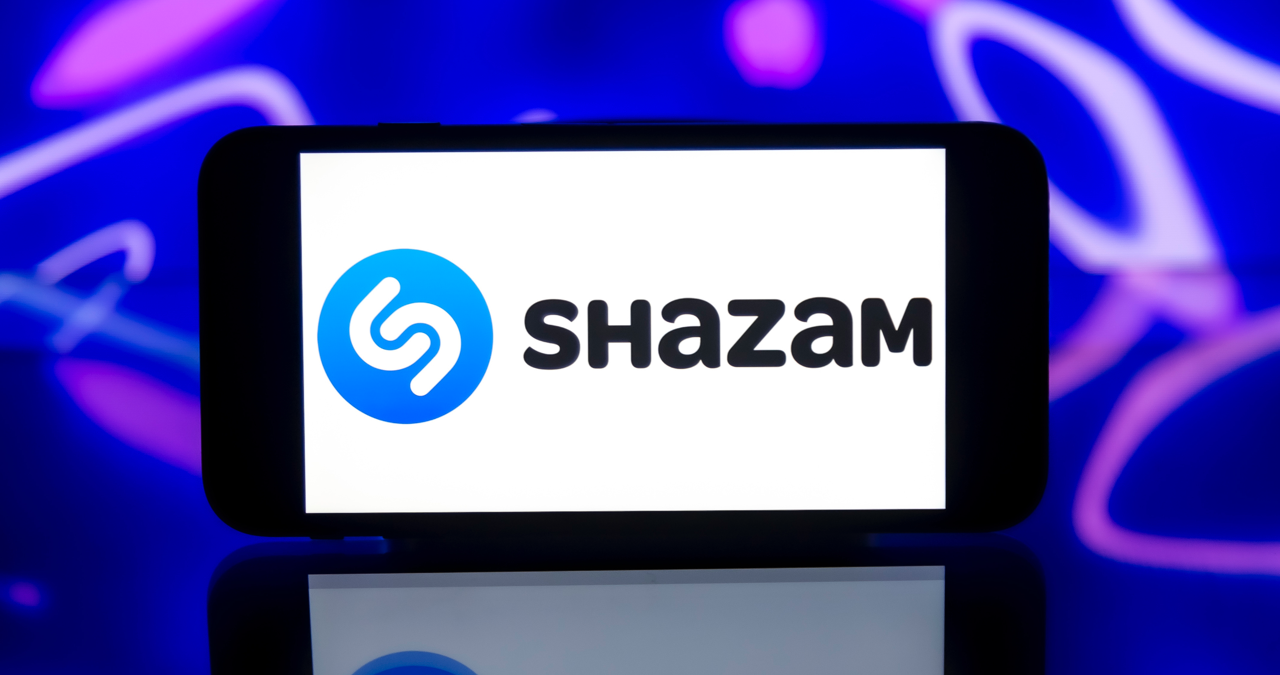
Today, the hugely popular music recognition app Shazam announced the rather staggering news that its app-based service had exceeded 100 billion song recognitions. To put that in perspective, that's the equivalent of 12 songs for every person on Earth (not that every person on Earth has downloaded Shazam, mind.)
The company, was (surprisingly) first launched in 2002 as a simple SMS-based 'tell me what song this is' service, but would fully explode in the 2010s - following its iOS app becoming a must-download on the blossoming App Store. It would later be acquired by Apple in 2018.
Since then, it has become the market-leader in song identification and has also become a useful tool for self-releasing artists to identify the popularity of certain tracks.
It's in this context that Shazam has become a culturally ubiquitous platform, with the company name becoming something of a Google-esque verb - 'just Shazam it' is now a common thing to suggest if someone is keen to find out the artist behind a certain song or track playing at a bar a club, on a TV show, or anywhere, really…
“This monumental milestone not only reflects how much people enjoy using Shazam, but also their appetite for new music,” says Oliver Schusser, Apple’s vice president of Apple Music and Beats. “Music discovery is at the core of everything we do, and we keep innovating to make sure music lovers around the world can tap the Shazam button no matter where they hear music playing!”
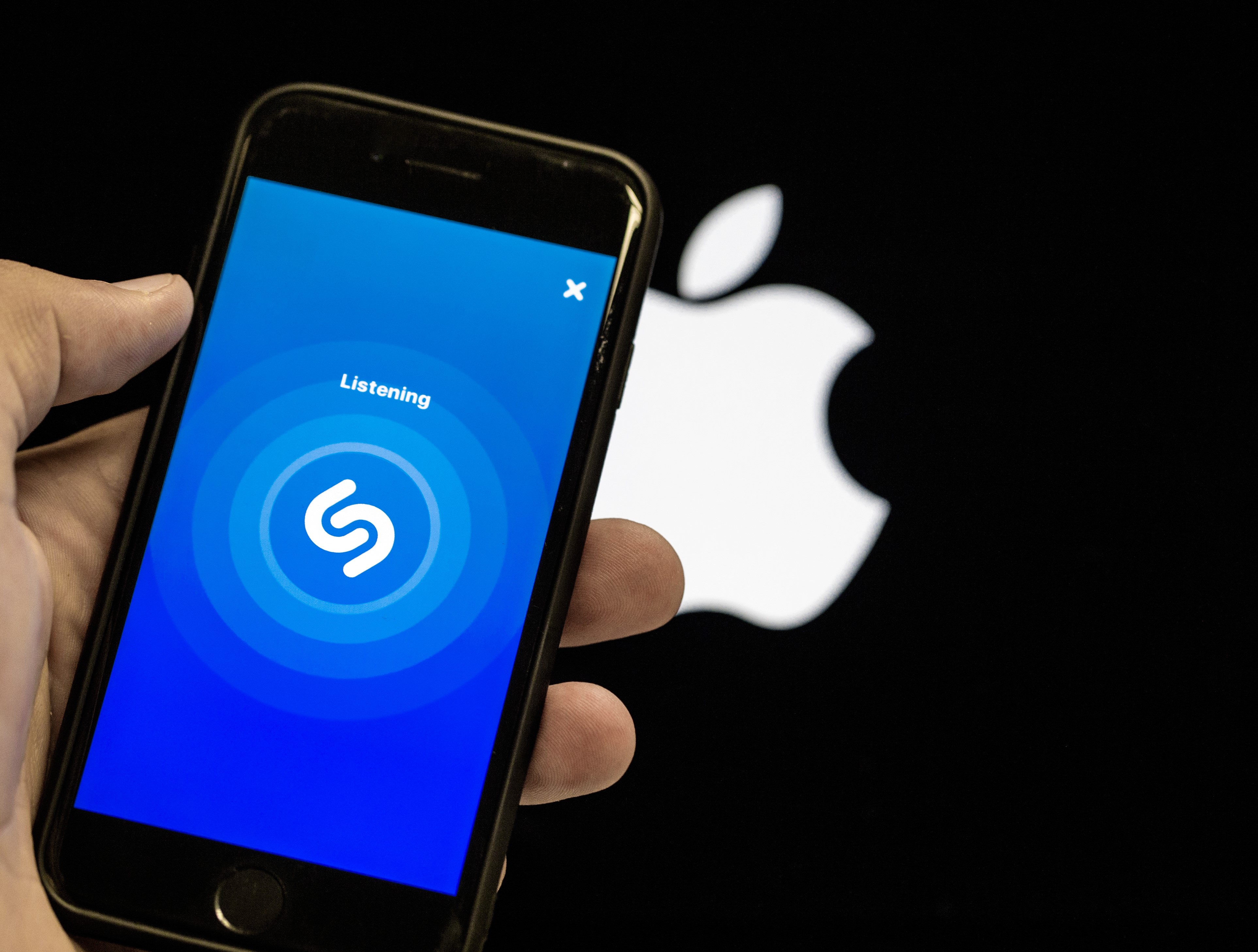
Shazam have provided a useful statistical breakdown of their 100 billion milestone:
- 100 billion song recognitions is the equivalent of 12 songs identified for every person on Earth.
- A person would need to use Shazam to identify a song every second for 3,168 years to reach 100 billion.
- This is more than 2,200x the number of identifications of Shazam’s top song ever, 'Dance Monkey' with over 45 million tags.
Get the MusicRadar Newsletter
Want all the hottest music and gear news, reviews, deals, features and more, direct to your inbox? Sign up here.
- Benson Boone’s 'Beautiful Things' was the first track released this year to hit 10 million recognitions, and the fastest, doing so in 178 days. At that pace, it would take more than 4,800 years for it to hit 100 billion.
Though sporting 300 million active users, Shazam cite the app's centrality to popular culture as a pivotal part of just why it has been used so frequently; "During this summer’s games in Paris, Kavinsky’s 'Nightcall' became the most identified song in one minute," Shazam say, pointing to it as an example of the app pushing the boundaries of music discovery for a global audience.
For more information on Shazam's extraordinary growth, head to Shazam.com



I'm the Music-Making Editor of MusicRadar, and I am keen to explore the stories that affect all music-makers - whether they're just starting or are at an advanced level. I write, commission and edit content around the wider world of music creation, as well as penning deep-dives into the essentials of production, genre and theory. As the former editor of Computer Music, I aim to bring the same knowledge and experience that underpinned that magazine to the editorial I write, but I'm very eager to engage with new and emerging writers to cover the topics that resonate with them. My career has included editing MusicTech magazine and website, consulting on SEO/editorial practice and writing about music-making and listening for titles such as NME, Classic Pop, Audio Media International, Guitar.com and Uncut. When I'm not writing about music, I'm making it. I release tracks under the name ALP.
“Without investment in music education our talent pipeline is at risk of drying up along with the huge opportunities for economic growth it brings”: UK Music draws up five point plan to “turbocharge” music education
“These tariff actions will have a long-term effect on musicians worldwide”: The CEO of NAMM urges Trump to dump tariffs on components of musical instruments

